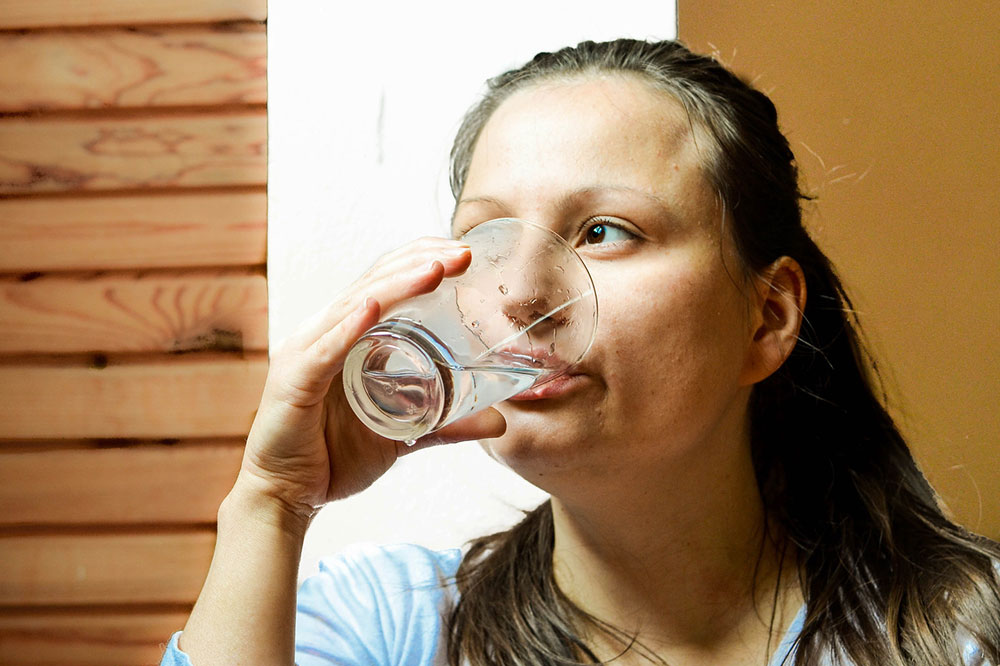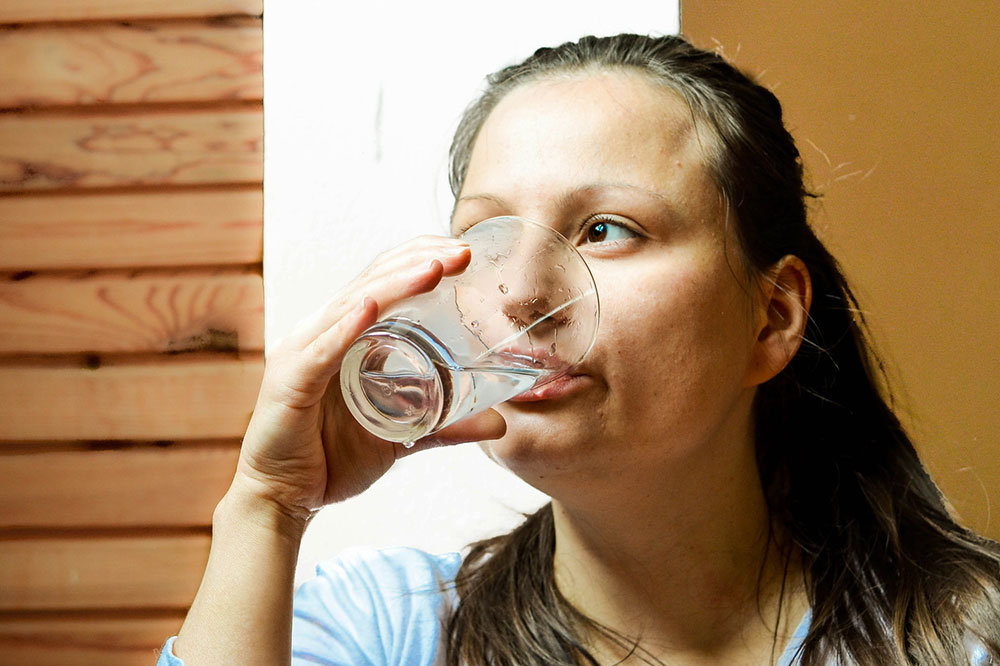Effective Strategies to Avoid Dehydration
Learn simple and effective methods to prevent dehydration, including recognizing symptoms, responding to thirst promptly, maintaining hydration through water-rich foods, and using electrolyte drinks for active individuals. These tips are essential for overall health and well-being, especially during hot weather or intense physical activity.

Effective Strategies to Avoid Dehydration
Dehydration occurs when the body lacks sufficient fluids to perform normal functions, leading to discomfort and health issues. It can arise from certain medical conditions or neglecting the body's signals to hydrate. Recognizing warning signs early is crucial to prevent dehydration from worsening.
There are straightforward methods to maintain proper hydration and ensure fluid intake throughout the day.
Identify Symptoms
Signs such as dry or cold skin, muscle cramps, dry mouth, and infrequent urination can indicate dehydration. Being attentive to these cues helps avoid severe fluid loss.
Responding promptly to thirst by drinking a glass of water can prevent dehydration. Busy schedules often lead to ignoring these urges, which increases risk, especially during hot weather. Using hydration reminder apps can be beneficial.
In addition to water, consuming water-rich foods like watermelon, grapes, strawberries, kale, lettuce, and celery helps naturally replenish bodily fluids without relying solely on drinks.
Electrolyte Drinks for Active Lifestyles
For those engaged in intense physical activities, replenishing lost electrolytes is vital. Choices include sports drinks like Gatorade or Pedialyte, or natural options like coconut water, which supplies essential minerals such as potassium, calcium, sodium, and magnesium. Fresh juices like orange or watermelon juice also help restore electrolyte balance. Consulting a nutritionist is advisable to determine appropriate intake levels.
Important Note:
The health information provided is for general educational purposes only. It should not replace professional medical advice. Always seek guidance from qualified healthcare providers for diagnosis and treatment decisions.










